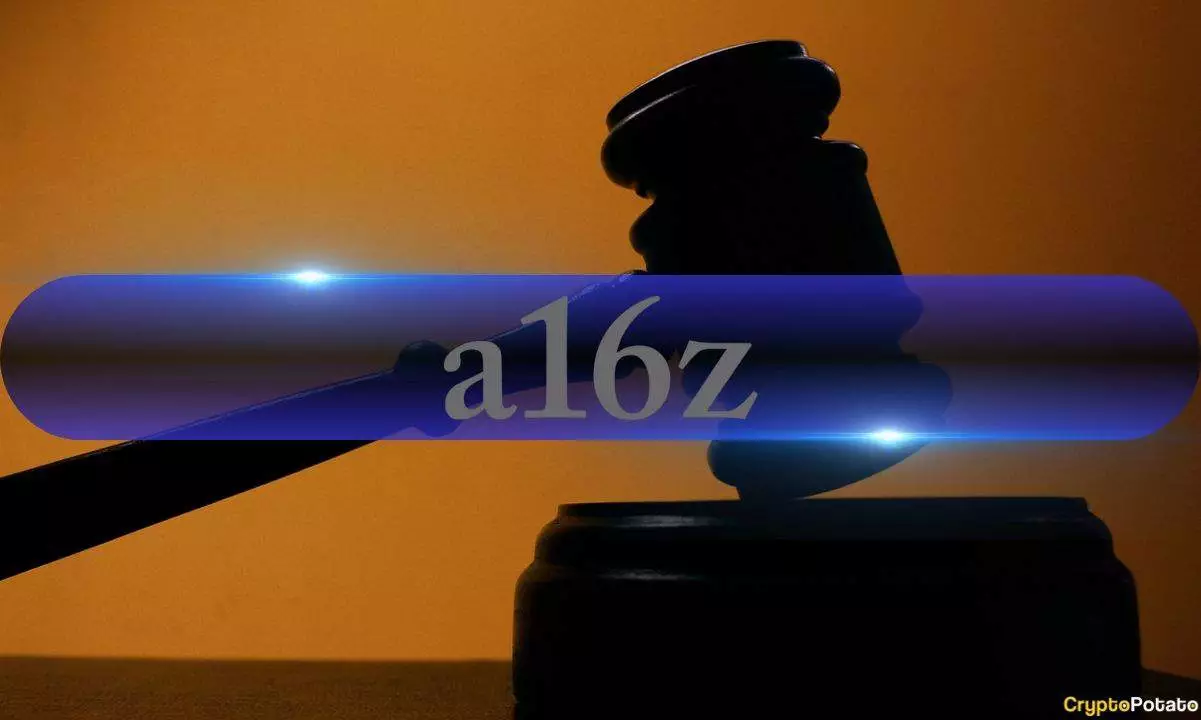The realm of decentralized finance (DeFi) has experienced exhilarating growth and innovation, but this rapid elevation is now being threatened by proposed regulatory measures from the US Treasury and Internal Revenue Service (IRS). Michele Korver, who leads the regulation team at A16z Crypto, has publicly condemned the new broker reporting rule, stating that it could significantly hinder DeFi’s potential to revolutionize the financial landscape in the United States. This newly initiated regulatory move is perceived not merely as an administrative update but as a direct challenge to the very essence and functionality of decentralized platforms. In her critique, Korver highlighted the rule’s implications on the future of DeFi, warning that it risks overwhelming innovative projects with compliance burdens that could cause many to relocate operations abroad.
The Nature of the Controversy
On December 30, 2022, Korver’s denouncement expressed support for a collective lawsuit filed by influential organizations including the DeFi Education Fund, Blockchain Association, and Texas Blockchain Council. This legal challenge seeks to impede regulatory actions arising from the Infrastructure Investment and Jobs Act, aiming to redefine brokers in a manner that could encompass decentralized trading platforms. Such platforms, which facilitate user interactions with blockchain protocols, often do not play a conventional role in transaction facilitation. This critical distinction has been underlined in the lawsuit, which emphasizes that reclassifying these technological constructs as brokers could lead to misinterpretations and misplaced regulatory efforts.
The remarkable urgency with which the lawsuit was initiated—less than a day following the regulatory announcement—speaks volumes about the robust resistance in the crypto community. The swift legal action is indicative of an industry that has matured in its understanding of policy frameworks and regulatory challenges. This evolution, notably acknowledged by Jake Chervinsky of the Blockchain Association,, reflects a sector poised to actively push back against perceived encroachments on its budding space.
The implications of such regulatory measures could extend far beyond immediate compliance challenges. Korver communicated serious concerns that these regulations may create an untenable environment for DeFi projects, potentially driving innovation and talent outside US borders. The pursuit of accessible and consumer-centric financial services—a fundamental principle underlying DeFi—could be thwarted by the imposition of what many perceive as unnecessary burdens. If decentralized financial systems find themselves tangled in regulatory complexities, the opportunity for open-source innovation might be lost, stymying advancements that aim to elevate financial inclusivity and democratization.
Leading voices in the DeFi space echoed Korver’s sentiments. Uniswap founder Hayden Adams criticized the timing and potential ramifications of the new regulations, suggesting a deliberate strategy to obstruct DeFi progress. The dialogue around these regulations reveals a collective consciousness among crypto advocates focused on maintaining an environment conducive to innovation. The sentiment was equally shared by Uniswap Chief Legal Officer Katherine Minarik, who characterized the IRS rule as not only misclassifying DeFi technology but as an unreasonable overreach that contradicts congressional intent. This assessment culminates in a broader critique that such regulations may overextend governmental reach into personal and transactional spaces, ultimately diminishing the stature of DeFi as a solution to traditional banking inadequacies.
A16z Crypto is poised to be a significant force in the battle against these stringent regulations, asserting a commitment to leveraging legal challenges and legislative advocacy as means of protecting the DeFi landscape. Korver’s reassurance that industry attorneys are at work to safeguard this burgeoning technology struck a chord of optimism among developers and innovators. With ongoing legal strategies and support from influential stakeholders, the movement to preserve the transformative potential of decentralized systems is gaining momentum.
As advocates of this revolutionary financial model band together to confront regulatory challenges, a unified front is essential. The journey to safeguard DeFi’s foundations will require vigilance, collaboration, and sustained advocacy. With the confluence of legal interventions, congressional engagement, and grassroots mobilization, the trajectory of decentralized finance may still pivot toward a promising future, resilient against regulatory encroachments. The fervor to maintain the ethos of DeFi points to a broader socio-economic movement that champions technological innovation while upholding the principles of accessibility and user autonomy.










